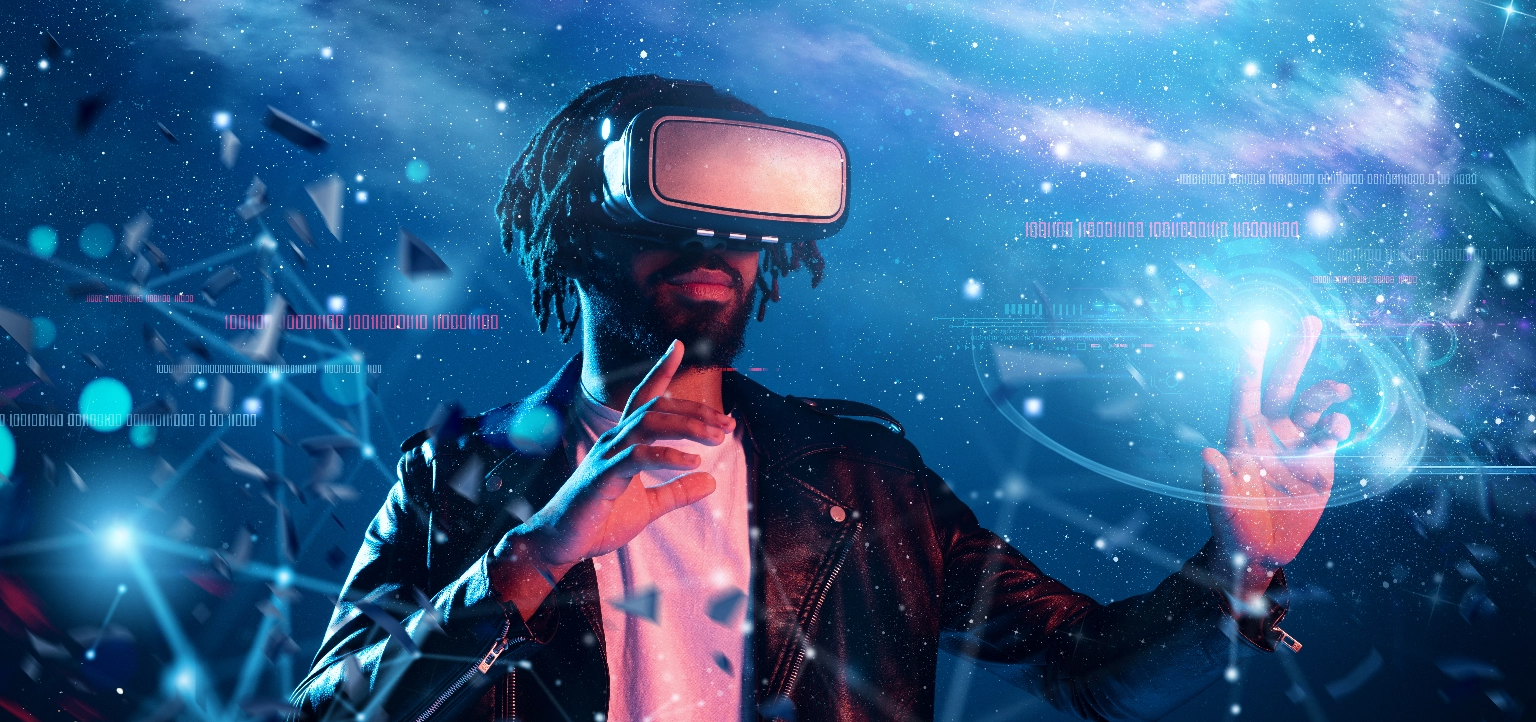To make a solid short-term marketing plan, it is important to keep an eye on where you’re heading in the long term. Nobody can know for sure what the future of marketing will look like, but industry professionals can offer insights and predictions into some of the possibilities.
In just the last year, marketers embraced digital transformation more than ever as they adapted to constantly changing virtual and hybrid business landscapes during the COVID-19 pandemic. Then, as countries cautiously reopened and more consumers left the house, some businesses saw slumps in the virtual engagement and online traffic they’d recently relied on.
Keeping up with these changes isn’t always easy. Marketers who meticulously planned out their marketing activities based on what they knew at the start of that year found themselves needing to scrap their plan and start from scratch. Due to that, these are the highlighted marketing trends for 2022.


The Importance of Mobile Optimization Will Grow
It’s no surprise that people are spending more time on their phones and tablets. In reality, mobile devices, including tablets, account for more than half of all annual online website traffic. Furthermore, as the purchasing power of millennials and Gen Z grows, mobile-optimised digital experiences will become crucial for businesses’ marketing plans to engage with these fast-paced, highly connected generations.
Your website’s mobile optimization is made with a responsive design. This is more expensive to create, but it assures that your entire website is mobile-friendly. In the long run, this will result in major improvements in user experience, website speed, user engagement, average time on site, and mobile SEO. These efforts help you reach a large segment of mobile-driven target audiences so that you can further improve your business.


SEO is No Longer a Norm, but a Cult Classic
The major rationale for using SEO-based marketing approaches, particularly as a small business, is to attract organic (non-paid) traffic. SEO refers to the employment of specific procedures to enhance a website’s ranking on Search Engine Results Pages (SERPs).
As the demand for SEO tactics grows, so do the prospects for search optimization. As Google’s algorithms have progressed, SEO has become much more than just cranking out basic posts that respond to simple search queries. Brands are now hiring SEO experts to assist them with everything from keyword research to multimedia optimization.


Consumers Will Immerse Themselves in Virtual Reality (VR) and Augmented Reality (AR) Environments
In recent years, brands have started to use AR and VR to enhance customer experiences, delivering a higher level of immersion while operating at a distance. This tendency was especially important in the light of the Covid-19 pandemic’s social distancing rules.
AR is the layering of digital characteristics onto reality to produce an augmented perception of the world, whereas VR is the total immersion of a customer into a new, digital environment. Virtual reality and augmented reality are being utilised to enhance and improve customer experiences both online and at events. Due to the high cost of equipment and large headsets, marketers have been sluggish to adopt this trend. Businesses should anticipate to include VR glasses and AR apps into their marketing plan as the technology becomes more accessible.
Conclusion
While marketing trends come and go, the fundamentals of success stay the same: know your audience’s needs and connect with them simply and consistently. That’s why creating customer-centric content has always been the most effective strategy to build strong bonds with your audience.
Related Posts
Website Marketing Trends for 2022
To make a solid short-term marketing plan, it is important to keep an eye...
6 Ways to Create A Strong & Powerful Brand For Your Business
Every business that wants to expand must begin the ongoing process of brand...

